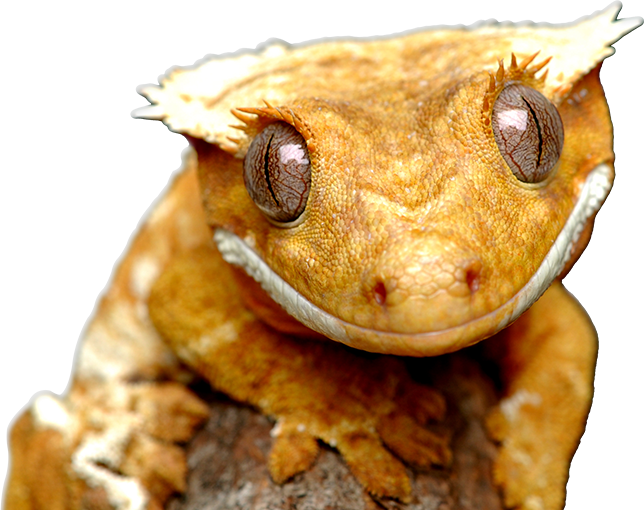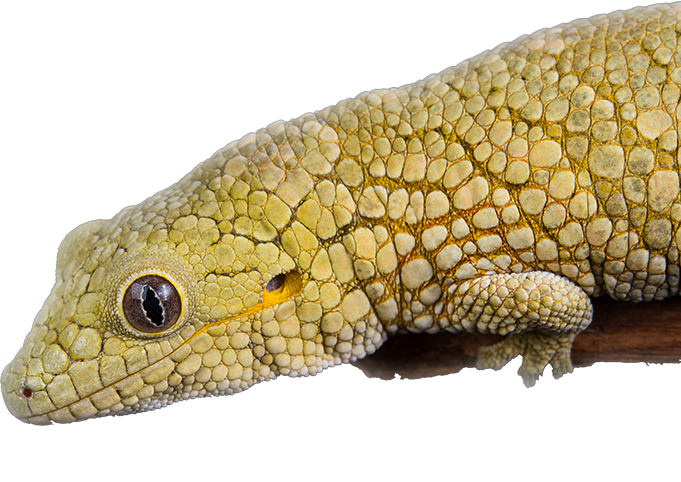DESCRIPTION
The Long awaited Gargoyle Gecko Book is finally in stock and ready to ship.
155 Pages and hundreds of color photo's.
Philippe de Vosjoli, Allen Repashy, Frank Fast
Introduction
As our original work on the care of New Caledonian geckos,
Rhacodactylus, was nearing being sold out, we decided that the first
in the four-volume updated 600-page replacement set would focus
on gargoyle geckos. The question that came to our minds was how
can a species with so many great qualities still be so poorly known
and under marketed? Gargoyle geckos achieve a substantial size,
are relatively calm and handleable pets, are probably the easiest to
maintain of all the reptiles, and come in a great variety of color and
patterns as well as some variation in form. This book represents our
endeavor to rectify this situation.
Gargoyle geckos (Rhacodactylus auriculatus) were the first
members of the genus Rhacodactylus to become available to
hobbyists. Europeans first acquired them in the late 1970s. The first
captive-bred offspring reached the US by the mid-80s and they were
first bred in the US by Tim Tytle in 1987. The first ones imported
were of the classic reticulated type with tan and brown colors.
Limited availability and consequently exposure to the public
repressed their potential popularity. Another factor was timing.
They appeared on the herp scene at a dynamic period when a
variety of bright-colored species with more obvious financial
potential (Malagasy day geckos and chameleons, bearded dragons,
and blue tongue skinks) became available. Then in 1995, crested
geckos and other Rhacodactylusentered the market, again diverting
attention away from the comparatively drab gargoyle geckos. It
wasn’t until the increased availability of bold-colored orange-striped
and orange-blotched gargoyle geckos in the late 90s and early 2000s
that a few gecko specialists started focusing on this species. These
pioneer hobbyists realized this was a lizard that could become bright
orange or red, possibly the brightest orange/red lizard in the world,
and they put effort into selective breeding to increase the amount
of those colors. Author Allen Repashy was the first to strive toward
commercial-scale production of this species, acquiring a diverse
gene pool from both European and American hobbyists. An
examination of his collection and others, a total of over a thousand
animals, led us to conclude that the gargoyle gecko was a lizard that
could also become bright pink, bright white, mostly black, or bright
yellow. Its eye color could range from a bluish white to near black.
It turned out that gargoyle geckos display the greatest variation in
color and pattern of any lizard species, their potential for designer
breeding of living art nearly unlimited. Of course, a reptile may
display beautiful coloration but, like many of the snakes, remain
concealed for such extended periods of time that the enjoyment of
keeping and observing it becomes a very limited experience. This
is not the case with gargoyle geckos. Although primarily active at
night, they commonly rest exposed on branches or in foliage during
the day. This feature makes them outstanding display animals in
naturalistic vivariums for both hobbyists and zoological institutions.
-
REVIEWS
REWARDS
Gecko Gold Rewards
Earn Points for every dollar spent

Search By Species


